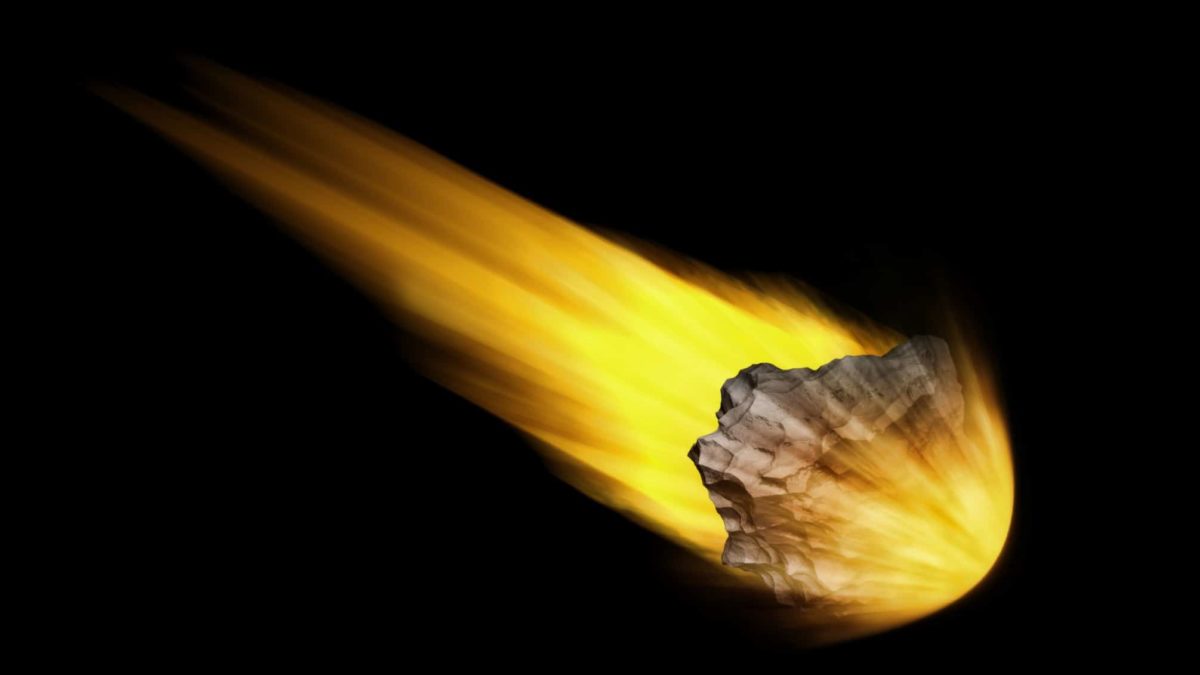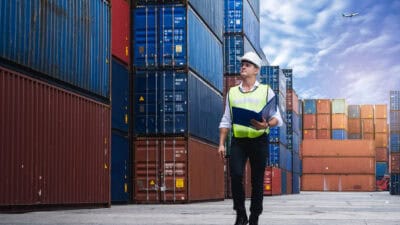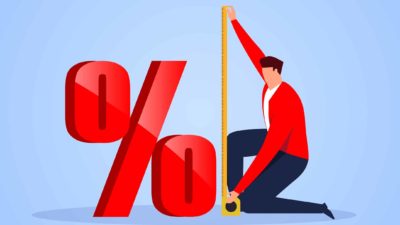Over the weekend, I read a particularly interesting piece from the pro-China news site, The South China Morning Post. In the article, they spoke about displacing Australian iron ore because of the opening of four new deep water ports in Africa and Brazil. Brazillian mining giant, Vale, already uses the very large freighters, called Chinamax ships, which carry up to 400,000 tonnes per journey. Australian operators currently use what is known as Capemax ships. These carry 250,000 – 300,000 tonnes in one journey.
The point of the article is that due to the short distance to China, shipments from Australia are more competitive. Moreover, if Brazil and Africa could beat the tyranny of distance, then it would make their iron ore more attractive.
So, is this true? Is it a direct threat? And what should our investing response be?
Is Pilbara iron ore under threat
In short, I believe yes. Nevertheless, the Pilbara iron ore miners will meet the challenge just as they have met challenges before. The Pilbara iron ore miners are a resilient bunch. They have dealt with fierce competitors, state level negotiations, and the slings and arrows of outrageous fortune in the global economy. This has included government embargoes, the 1980's collapse of the steel markets, and the rise of Africa as a viable source of metals.
Australia already has deep water ports at Cape Lambert, Point Samson and Cossack. If they need to create the infrastructure quickly, it could be done. Furthermore, the need for deep water ports is understood as an infrastructure priority in Australia. Nonetheless, this is far from the only cost advantage held by the Pilbara miners.
First, all of them have harnessed technology to create Perth-based operations centres for their many sites, instead of duplicate teams on each site. In addition, the iron ore miners led the charge to autonomous vehicles, automated processing, and they are moving quickly to artificial intelligence in plant maintenance.
Regardless of any global tensions, Australian miners are empirically the only organisations capable of delivering the tonnages, grades and continuity of supply that China currently requires. That's just the brutal truth of the matter. Moreover, in their favour, there are many other global customers for iron ore.
There are two factors influencing global steel demand right now. First, are the massive stimulus packages across the globe. Every developed nation with a large economy is spending billions to recover from the economic damage of the coronavirus pandemic. Second, as uncomfortable as it may seem, many nations are rearming and fortifying their defence capabilities. All of which needs steel.
What does this mean for ASX iron ore investors?
In my view, if you hold shares in Rio Tinto Limited (ASX: RIO) or BHP Group Ltd (ASX: BHP), I would not be selling them because of any threat to demand from global tensions. Moreover, BHP and Rio are the number one and two mining companies in the world respectively. Outside of iron ore, they are also major players in forward facing metals like copper and nickel. In addition, both are active in aluminium and BHP is still a major player in the coal industry.
I think both of these companies are likely to have a hard time during earnings season because of the unique events of FY20. However, over the medium term, I believe they are well and truly cushioned from a fall in iron ore prices or demand.
Personally, I am invested in Fortescue Metals Group Limited (ASX: FMG). This is one of my 'buy and hold for a very long time' shares. I get good capital growth and I collect a high dividend yield because of my low purchase price. Fortescue is a pure play iron ore company, and I do not think it is likely to be threatened over the medium term. It has low levels of debt, an ambitious expansion pipeline, and is an innovator. For example, the company has the 'Fortescue blend', a product it created to be able to sell at higher unit prices.
For new Fortescue investors, I believe that now is still a good time to buy these shares. The company is trading at a price to earnings ratio of 7.38 and has a trailing 12 month dividend yield of 5.95%. For me personally, I already have a sizeable percentage of my portfolio in Fortescue so will only buy again if the price dips for some reason.









